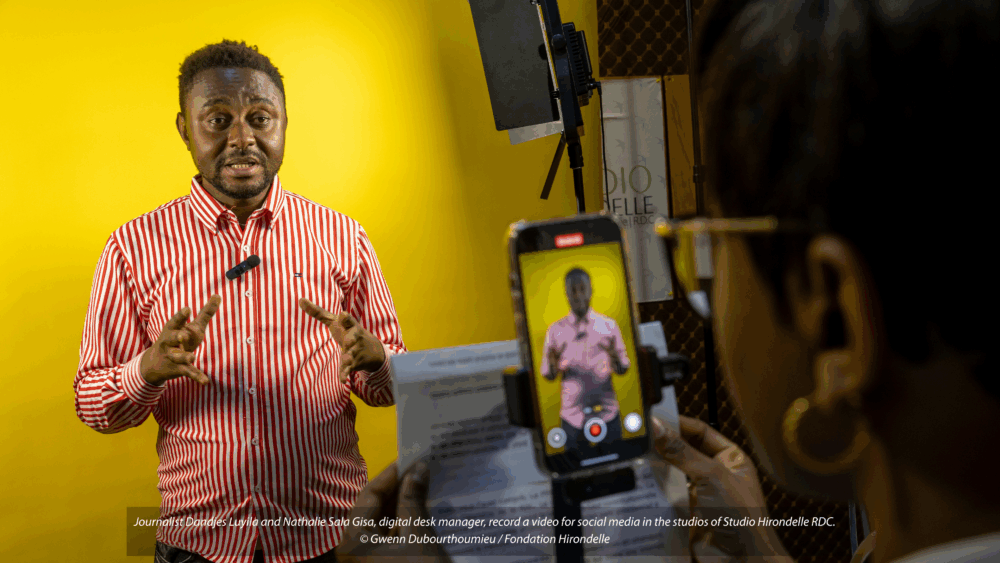In a media environment dominated by social media, disinformation has found fertile ground in which to grow over the last ten years. A preventive approach is required to counter this phenomenon and its negative effect on social cohesion.
In the online media environment of 2025, disinformation has become a widespread, effective and lucrative phenomenon. More than 17% of global internet traffic is fake, generated by bots and dishonest or malicious users. More than half of the global population has admitted to having been taken in by a fake news item over the past year. More than 2.6 billion US$ of advertising is purchased on disinformation websites. 87% of the global population states that disinformation has had a significant impact on politics in their country.
The history of the 20th century clearly illustrates that mass disinformation is not a new phenomenon. It has long been a tool of authoritarian regimes that employ propaganda to achieve their ends, while democratic governments favour a pluralist media that guarantees freedom of expression and the control of powerful elements by an informed public.
However, over the past ten years, the dominant role of social media in the global media landscape has allowed disinformation to spread and to take on multiple forms: fake news designed to raise concerns among targeted psychological profiles (Cambridge Analytica); information chaos instigated by media-military actors to cover up their activities (the late Yevgeny Prigozhin’s Concord Group); an AI-driven deep fake industry used to run foreign political influence campaigns (DoppelGänger), etc. In each case, these campaigns were facilitated by users conditioned by algorithms and prompts to share this type of worrying content with multitudes of similar-minded contacts.
Tried and tested remedies are failing in the face of this powder keg of disinformation. Fact checking, though still useful, is always a few steps behind. We have yet to see the development of a preventive approach, comprising three levels of responsibility: that of the media, which must produce and broadcast more quality information; that of governments, which must boost the spread of reliable information by supporting journalism and regulating platforms in order to give it more visibility; and that of the publics, who are responsible for choosing what to read and for developing critical thinking in order to avoid being taken in.
This issue of Mediation focuses on Fondation Hirondelle experiences to provide an overview of some initiatives to develop such an approach, firmly anchored in the conviction that a better-informed society is better prepared to address major issues in an inclusive and concerted manner.
This piece is taken from the 15th issue of Médiation, titled ‘Reliable information: a remedy for disinformation’, which you’ll find attached at the top of this article.

